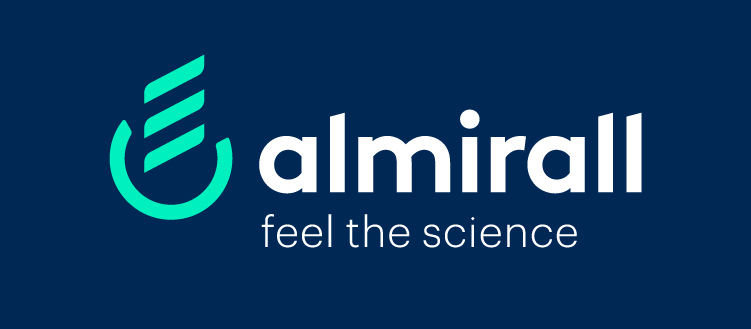Almirall joins IL-2 push in autoimmunity with $507m Simcere deal

Almirall has licensed an interleukin-2 (IL-2) drug from China's Simcere Pharma, joining the ranks of companies looking at blocking the cytokine as a way to treat autoimmune diseases.
The Spanish drugmaker is paying $15 million upfront for rights to IL-2 mutant fusion protein (IL-2 mu-Fc) SIM0278 outside the Greater China region, with another $492 million pledged in development and commercial milestone payments if the drug works across multiple autoimmune indications.
Simcere has taken SIM0278 to the brink of clinical testing, and says the drug can be delivered by subcutaneous injection to activate regulatory T cells (Tregs) that have been shown to dampen down inflammatory responses in preclinical disease models.
Production of IL-2 by the body is known to be reduced in patients with autoimmune disease, reducing Treg cells that are crucial for maintaining immune tolerance and for the control of inflammation and autoimmunity.
Most autoimmune and inflammatory diseases exhibit disturbances in Treg biology, including disease affecting the skin – Almirall's main R&D focus – such as psoriasis, atopic dermatitis, and alopecia areata. The rationale is that restoring IL-2 activity can correct the immune balance in these diseases.
"SIM0278 has great potential to treat a broad spectrum of immunological diseases, and we expect that its development will allow us to reinforce our biologic pipeline and our leading position in medical dermatology," said Almirall's chief scientific officer Karl Ziegelbauer in a statement.
Last year, Merck & Co paid $1.85 billion for Pandion and a pipeline of drugs for autoimmune and other immunological disorders headed by interleukin-2 (IL-2) based therapy PT-101, in trials for ulcerative colitis (UC) and systemic lupus erythematosus (SLE).
Eli Lilly and Nektar Therapeutics are meanwhile developing LY3471851 (also known as NKTR-358) – a long-acting, pegylated IL-2 formulation – in mid-stage trials for indications including psoriasis, atopic dermatitis, UC, and SLE, while Amgen, Roche, and Sanofi/Synthorx also have candidates in the clinic.
So far this year, Almirall has forged an R&D alliance with Evotec to find new drug targets in inflammatory skin diseases and skin cancers, as well as licensed a programme running at the Inserm research institute looking at treatments for vitiligo. It has also reached a deal with Ablexis to use its antibody development platform in therapeutics.











